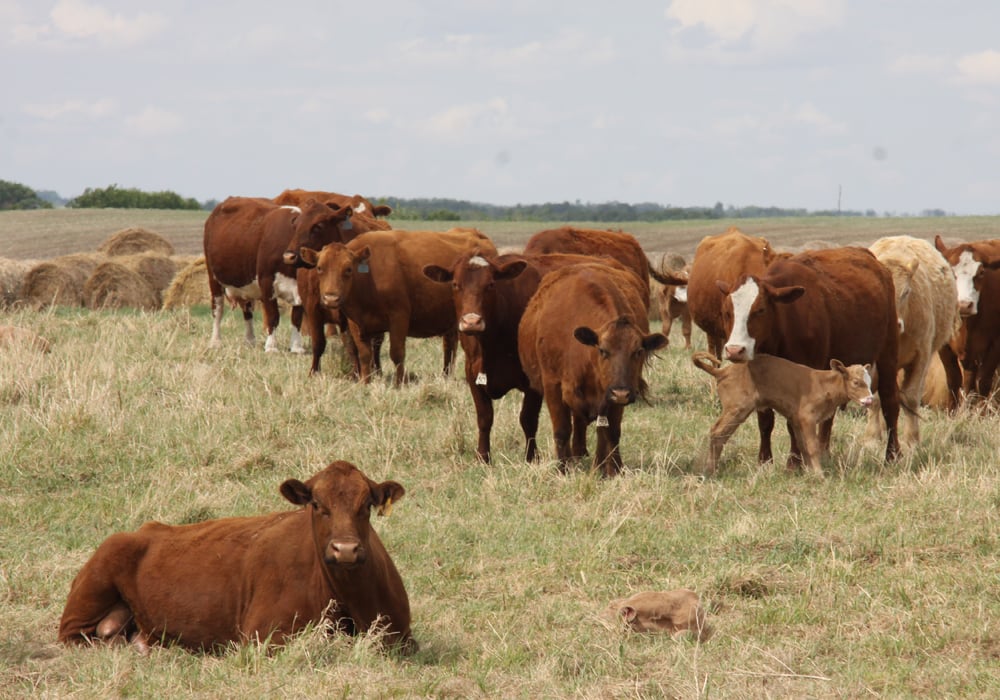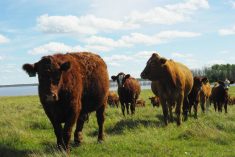Livestock groups are asking the federal government to provide a livestock tax deferral program again this year as drought conditions persist across a large swath of the Prairies.
Agricultural Producers Association of Saskatchewan listed that among its calls to government for assistance. The tax deferral provision allows producers in prescribed areas to defer a portion of the proceeds from sales of breeding stock to the following tax year.
The federal government implemented a livestock tax deferral last year, announced in September, when many cattle producers had reduced herds due to dry conditions, but omissions to eligibility in parts of Alberta and Saskatchewan raised complaints from APAS and others.
Read Also

Farming Smarter receives financial boost from Alberta government for potato research
Farming Smarter near Lethbridge got a boost to its research equipment, thanks to the Alberta government’s increase in funding for research associations.
This year APAS said the entire province should be designated as the tax deferral zone.
“We’re saying that really the whole province of Saskatchewan is under a feed shortage now. It’s pretty widespread, this drought situation,” said APAS president Todd Lewis.
He added that APAS will also request that the program not be limited to deferral of taxes on sale of breeding stock, but should instead apply to any cattle that producers find necessary to sell.
Bill Huber, president of the Saskatchewan Stock Growers Association, said his organization would also request that the federal government implement the deferral program, though it may be small comfort to some.
“Tax deferral is one thing, but (when) people start liquidating herds that it’s taken them a lifetime to build up … a tax exemption is appreciated but it’s not the end-all. Because if they want to remain in the business and have to restock in a year or two, they’re probably going to be paying a premium price because there will be a lot of producers in the same situation.”
Huber said he also planned to contact Saskatchewan crop insurance about the rules surrounding use of drought-stressed cereal crops for immediate grazing.


















